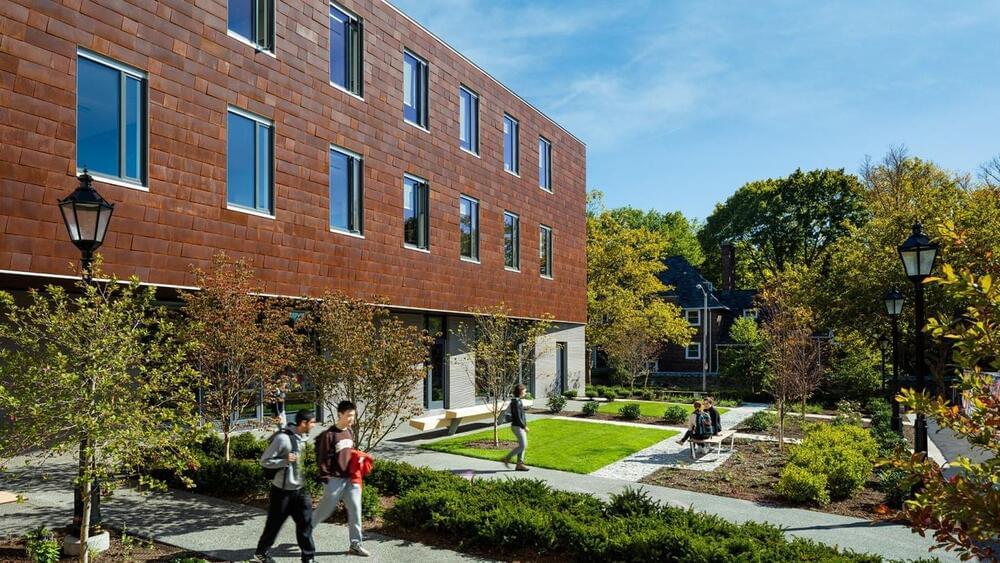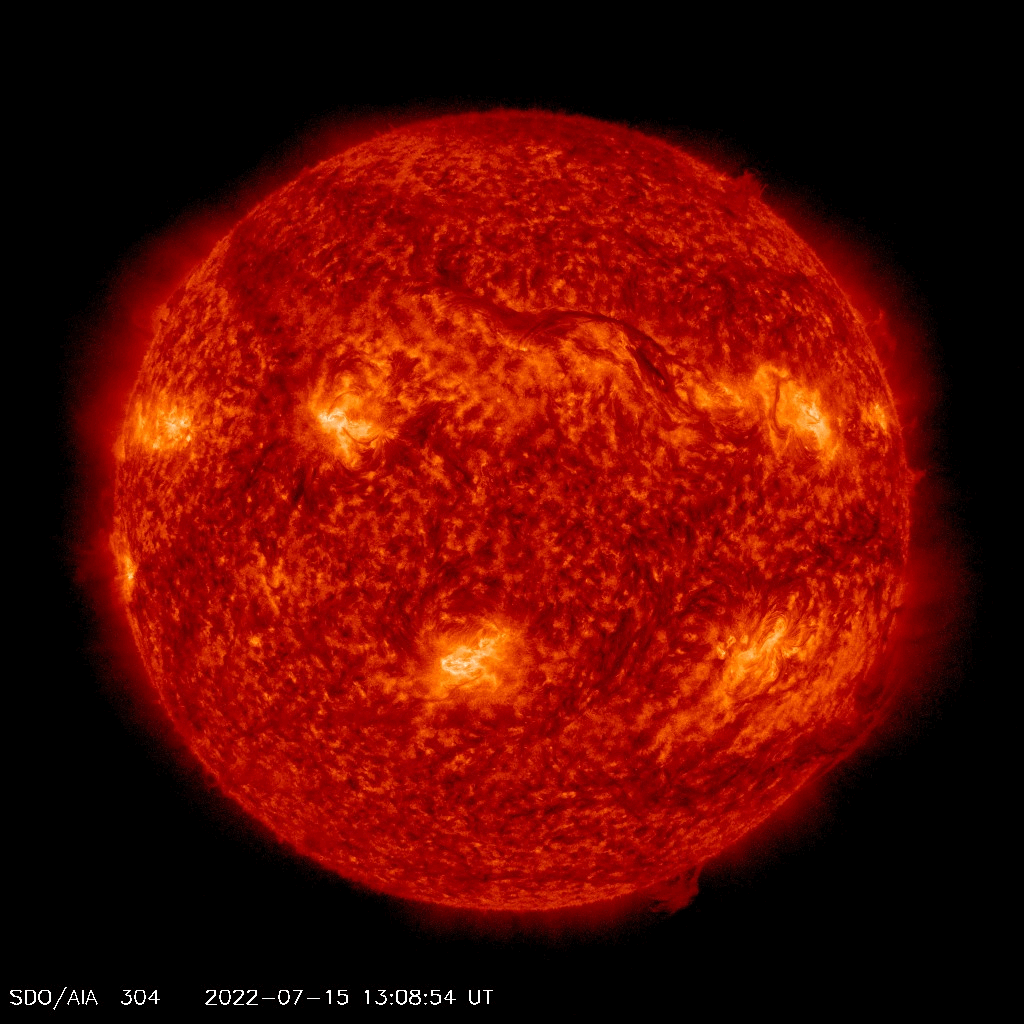George Karniadakis, a professor of applied math and engineering, was one of nine faculty scientists and engineers from across the U.S. to receive a Vannevar Bush Faculty Fellowship.






Cross-laminated timber and volcanic stone were used to form a round building along a lake that was designed by Mexican studio Sordo Madaleno Arquitectos.
The Valle San Nicolás Clubhouse is located on the outskirts of Valle de Bravo, about two hours from Mexico City.
Set on a 385-hectare residential development, along a lake with an 800-metre waterski run, the building holds a range of spaces for relaxing and socialising.

Jingulu—a language spoken by the Jingili people in the Northern Territory—has characteristics that allow it to be easily translated into AI commands.
An Aboriginal language could hold the key to solving some of the most challenging communication problems between humans and artificial intelligence (AI) systems.
A new paper, published by Frontiers in Physics and led by UNSW Canberra’s Professor Hussein Abbass, explains how Jingulu—a language spoken by the Jingili people in the Northern Territory—has characteristics that allow it to be easily translated into AI commands.

The U.S. Department of Justice seized roughly $500,000 in ransom payments that a medical center in Kansas paid to North Korean hackers last year, along with cryptocurrency used to launder the payments, Deputy Attorney General Lisa Monaco said Tuesday.
The hospital quickly paid the attackers, but also notified the FBI, “which was the right thing to do for both themselves and for future victims,” Monaco said in a speech at the International Conference on Cyber Security at Fordham University in New York City.
The notification enabled the FBI to trace the payment through the blockchain, an immutable public record of cryptocurrency transactions.

The Council of the European Union (EU) said today that Russian hackers and hacker groups increasingly attacking “essential” organizations worldwide could lead to spillover risks and potential escalation.
“This increase in malicious cyber activities, in the context of the war against Ukraine, creates unacceptable risks of spillover effects, misinterpretation and possible escalation,” the High Representative on behalf of the EU said Tuesday.
“The latest distributed denial-of-service (DDoS) attacks against several EU Member States and partners claimed by pro-Russian hacker groups are yet another example of the heightened and tense cyber threat landscape that EU and its Member States have observed.”

When asteroid 2019 OK suddenly appeared barreling toward Earth on July 25, 2019, Luisa Fernanda Zambrano-Marin and the team of astronomers at the Arecibo Observatory in Puerto Rico quickly sprang into action.
After receiving an alert, the radar scientists zoned in on the asteroid, which was approaching from Earth’s blind spot — solar opposition. Zambrano-Marin and the team had just 30 minutes to collect as many radar readings as they could. The asteroid was traveling so fast, that’s all the time she’d have it in Arecibo’s sights. University of Central Florida (UCF) manages the Arecibo Observatory for the U.S. National Science Foundation under a cooperative agreement.
Because the asteroid appeared to come out of nowhere and was traveling so fast, it made headline news.
